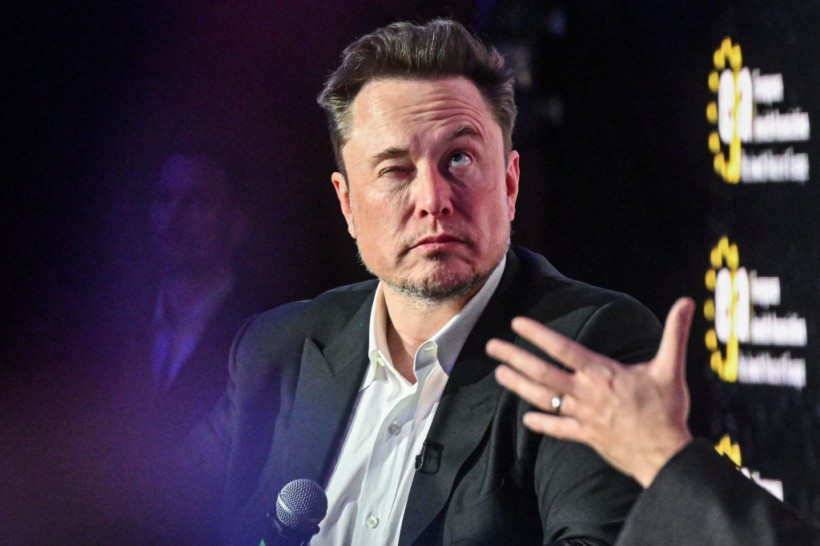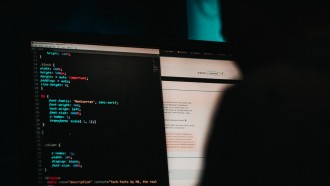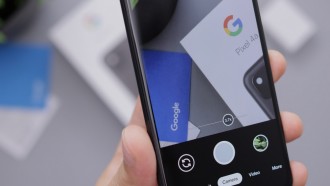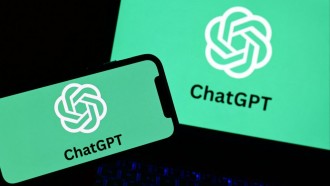Tesla's Full Self-Driving (FSD) has been the center of attention in the EV industry. This is evident in numerous reports about Elon Musk's recent statement.
In a recent revelation, Elon Musk stated that other automakers are skeptical about the authenticity of Tesla's FSD, especially as the company actively promotes FSD licenses, per Teslarati.
From Early Discussions to Current Skepticism

Despite offering full self-driving, Tesla's FSD does not seem to be real, according to other automakers, as per Elon Musk's claim.
Elon Musk initiated talks in 2021 about licensing self-driving technology to fellow automakers. Despite the initial discussions, no concrete agreements materialized.
Fast forward to last year, the tech billionaire reiterated Tesla's openness to licensing both Autopilot and FSD technology.
During Tesla's Q4 conference call, Musk acknowledged that talks with other automakers regarding FSD licensing did occur. However, he pointed out a prevailing skepticism among these automakers about the viability of Tesla's FSD technology.
Related Article: Elon Musk Signals Affordable EV Era as Tesla Aims for Mass Market with 'Redwood': Report
Appeal for Collaboration
In response to the skepticism, Musk called upon CEOs of other car companies to engage in discussions with Tesla about licensing FSD. The challenge lies in convincing skeptics that Tesla's FSD is not just a concept but a tangible and groundbreaking technology.
FSD Beta v12 Update
Tesla recently rolled out its FSD Beta v12 update, featuring a significant architectural rewrite. The system now integrates end-to-end neural nets, a departure from the previous control mechanisms.
Despite this update, FSD Beta drivers are still required to maintain control readiness, keeping their hands on the steering wheel.
What Does Other Automakers' Skepticism Mean For Tesla?
According to Electrek's take, the skepticism expressed by other automakers mirrors sentiments echoed by critics.
Inquiries have arisen about Tesla's ability to deliver on its promises. More people are expected to question the American carmaker considering the continuous delays in achieving a true level 4 or 5 self-driving system.
Burdens of FSD Responsibility
Tesla's challenge extends beyond convincing other automakers; it involves addressing concerns within its user base. The current FSD system, treated similarly to regular Autopilot, demands driver alertness and manual intervention. Despite Elon Musk's optimism, Tesla's FSD faces scrutiny for being a level 2 system with a low adoption rate.
'Last Hope' for FSD
As Tesla introduces its v12 FSD, concerns linger over the hardware limitations of existing vehicles equipped with HW3. The fate of FSD hinges on the success of this version, often referred to as the "last hope." The neural nets end-to-end rewrite brings excitement but also raises questions about the future if it falls short.
In other news, Tech Times reported that Tesla was planning to manufacture more affordable EVs by mid-2025.
The company clarified that the suppliers will be assigned to produce the "Redwood" models. We will only know what these models will look like once we have all the information. The only thing that matters for now is that they will be a cost-friendly entry-level car.
Read Also: Elon Musk Visits Auschwitz Death Camp Following Antisemitic Post Backlash






